The Roadmap to Connecting with your Partner Again
 If you are a couple in distress and not sure if you will ever figure out how to connect again, fear not. There is a way out of despair and back to each other.
If you are a couple in distress and not sure if you will ever figure out how to connect again, fear not. There is a way out of despair and back to each other.
That golden roadmap to connecting with your partner again is called – in more official lingo – Emotionally Focused Couples Therapy (EFT). I know, “therapy” doesn’t sound as interesting, but before I lose you, please read on…because EFT works, and if you feel desperate to connect with your partner once again, it may be for you.
We love EFT because it is backed by a solid track record of more than 2 decades of research demonstrating its effectiveness for all kinds of couples with a variety of problems. EFT has helped countless couples across the globe repair their relationships beyond measure.
It is a short-term approach to marital counseling/couples therapy that was created in the early 1980’s by Dr. Susan Johnson. In a look at a number of different studies on EFT, 90% of couples have been found to benefit from this approach, with 70-73% moving to complete recovery from distress after a follow-up study. EFT appears to continue to work even after therapy ends, giving couples the foundation they need to continually deepen and enrich their relationship.
How can EFT help me?
You and your partner may be stuck in a rigid pattern that holds you in certain positions and pulls you apart. You feel like you can’t reach each other and no longer connect in ways that you once could. These patterns are so common among couples, are beyond frustrating, and can be so hard to get out of. They gnaw away at the security of your relationship, and in so doing, grab a tighter hold of you and your partner, ultimately pulling you away from each other.
An EFT trained therapist has a deep understanding of these horrible patterns, and through working with you and your partner, will learn about your specific pattern and how it keeps you from connecting with each other.
An EFT therapist will help you and your partner zoom away from the minutia of the daily qualms you get into and will help you look at the big picture of your relationship so that you can understand it from a bit of a distance. You will really get a deeper understanding of what is happening with you and with your partner when you get pulled into this vicious cycle. More importantly, you will learn how to stop it and connect in new ways.
As a result of EFT, you will have a much more liberated emotional experience in your relationship. You will not feel so distressed, constricted and at the end of your rope all the time. A major goal of EFT is to expand and reorganize the way you and your partner connect emotionally, which results in a deeper understanding and more secure connection. EFT offers a clear map with 9 steps and 3 stages. Everyone goes through this process a little differently so it is not quite as cookie cutter as it sounds, but even so, it works.
Emotionally Focused Therapy has been shown to be effective regardless of the level of distress a couple begins with. So even if you are really hopeless and on the verge of splitting, EFT could still help you. It is considered a revolutionary and extremely effective approach recognized by many international relationship experts.
EFT is also spreading like wildfire within many disciplines of mental health and Centers for EFT have been set up across the globe.
Even though we love EFT, it is not for everyone
EFT is NOT for couples who are experiencing ongoing Domestic Violence/Intimate Partner Violence. Additionally, partnerss who have serious problems with substance abuse need to get this under control before prioritizing their relationships. Lastly, if you or your partner is cheating without any intentions of stopping, EFT will probably not serve you in any way.
EFT is for couples who are committed to working on their relationships and who are committed to each other, regardless of how difficult things may be.
To read more research about EFT, please check out the International Centre for Excellence in EFT which lists all kinds of research backing its efficacy.
Additionally, if you and your partner are not interested in working with a therapist but would like to work on your relationship together, check out Sue Johnson’s book Hold Me Tight: Seven Conversations for a Lifetime of Love, which has been helpful for countless couples in and out of therapy.
There you have it – the tried and true road map to connecting with your partner again. If you worry you might never connect again, give Emotionally Focused Therapy a try!
You can find a listing of therapists near you trained in Emotionally Focused Therapy by clicking HERE.
 Loading...
Loading...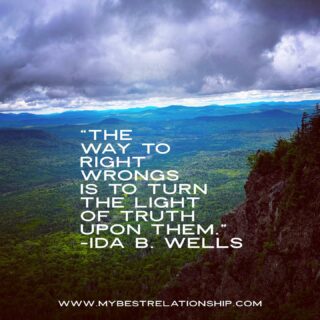

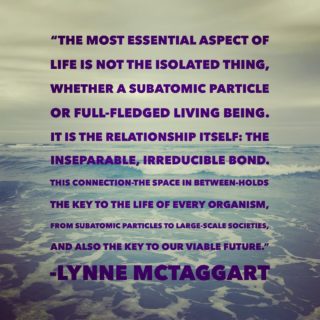


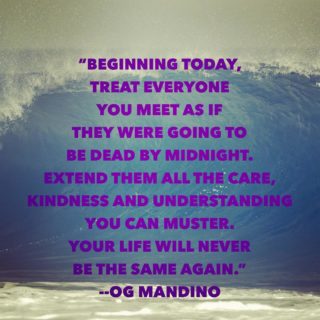
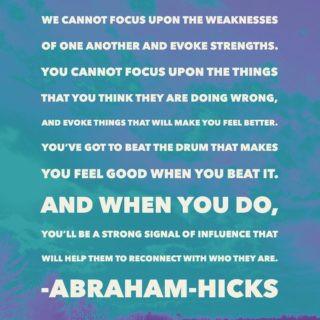







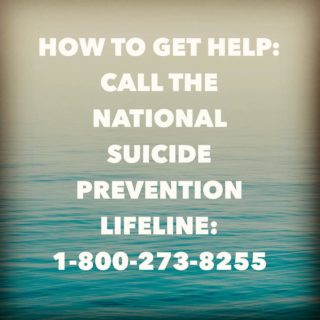
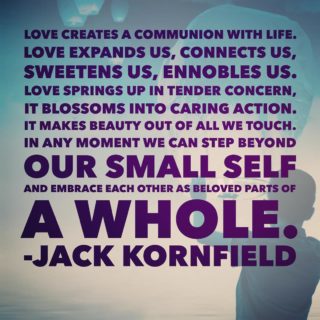
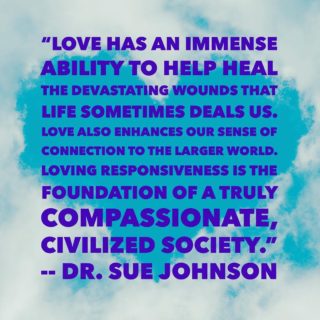
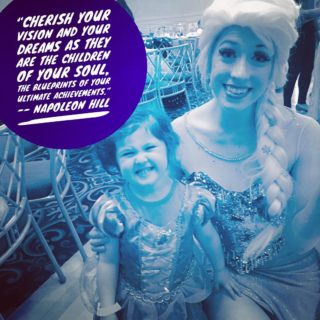
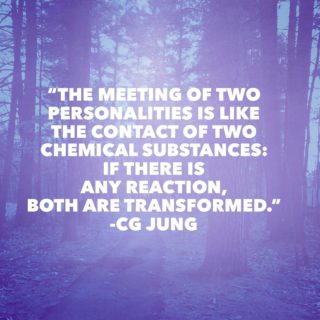

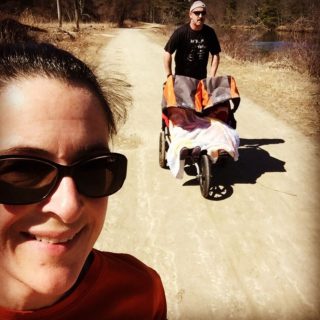
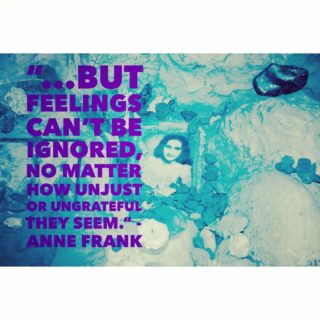


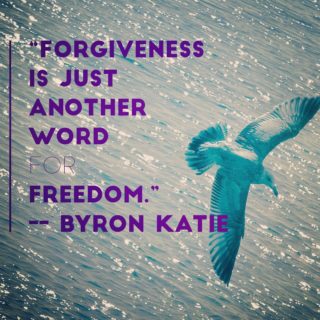




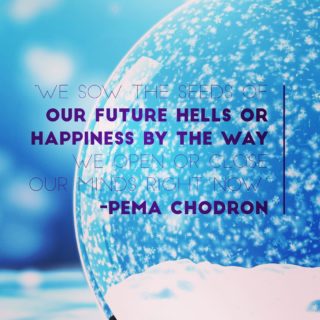

Leave a Reply